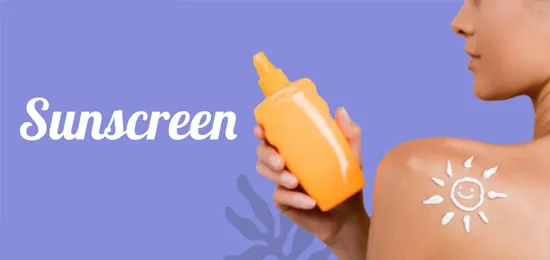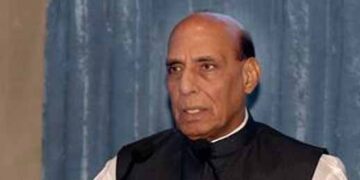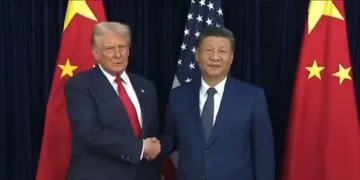Blitz Bureau
NEW DELHI: The Bureau of Indian Standards (BIS) has notified India’s first-ever standards for testing the sun protection factor (SPF) of sunscreens, a step aimed at eliminating inconsistent claims in a rapidly growing market and bringing the country in line with global benchmarks.
The move covers protocols for SPF and UVA testing, including water-resistance evaluation, and is expected to improve consumer confidence in a sector valued at over ₹2,500 crore and expanding at 30–40 per cent annually.
Uniform yardstick for SPF claims
Until now, sunscreen manufacturers in India relied on different testing models, often leading to varying and exaggerated SPF values. Under the new framework, BIS has adopted methods consistent with international standards such as ISO 24444 for SPF testing and ISO 24443 for UVA protection.
Products will now be required to meet broad-spectrum protection criteria, including a minimum UVA-to-SPF ratio of one-third and a critical wavelength of 370 nanometres.
Public health impact
Dermatologists have welcomed the notification, calling it an important step in preventive healthcare. “In a tropical country like India, consumers face year-round UV exposure. Standardised testing ensures that when a sunscreen claims SPF 30 or 50, it delivers that level of protection,” said a Delhi-based dermatologist.
Experts say verified protection against ultraviolet radiation will help reduce sunburn, premature skin ageing and, in the longer term, lower risks of skin cancer.
Industry reactions
Large beauty and personal care companies, including Hindustan Unilever, L’Oréal and Nivea, have broadly supported the initiative, noting that uniform testing will strengthen consumer trust. Smaller domestic players, however, have expressed concerns that stricter compliance requirements may raise costs.
The announcement comes months after a high-profile dispute between Hindustan Unilever and Honasa Consumer, which owns Mamaearth, over SPF standards. The legal row underscored the absence of a common framework for sunscreen testing in India.
Towards global alignment
Sunscreens in India are classified as cosmetics under the Drugs and Cosmetics Act, 1940, and the Cosmetics Rules, 2020. While these laws regulate permitted UV filters, they did not previously specify how SPF claims should be tested. Industry bodies such as the Indian Beauty and Hygiene Association had been pressing for clearer guidelines.
By aligning with ISO protocols, India not only provides a level playing field for domestic brands but also enhances the credibility of Indian products in export markets.
Blitz View
Experts view the notification as part of a broader shift from composition-based regulation to performance-based standards in India’s beauty and personal care sector.
“The move closes a regulatory gap and creates accountability,” an industry source said. “For consumers, it means transparency; for companies, it means responsibility.”
































